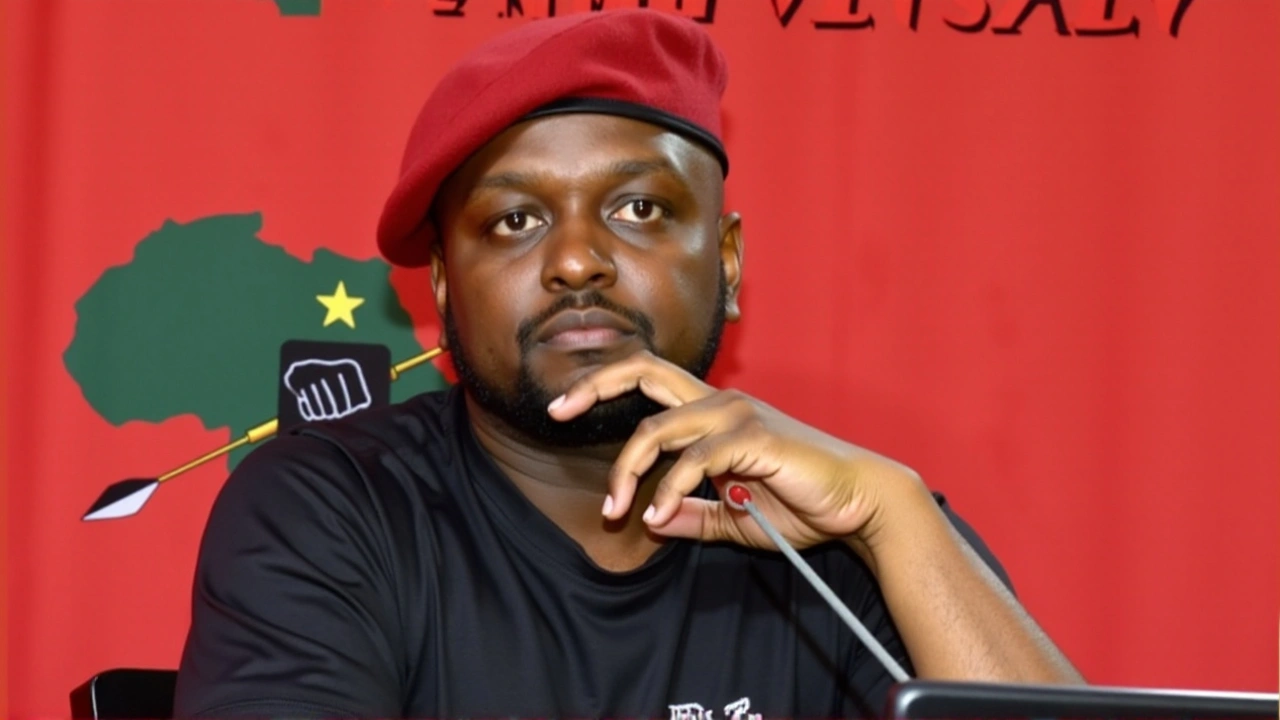Leadership: Real Lessons from Sport, Politics and Daily Life
Leadership isn’t a job title — it’s what you do when things get hard. You can spot it on a pitch, in a boardroom, or at the top of government. Look at Simone Inzaghi changing Inter Milan’s setup, Pieter-Steph du Toit carrying the Springboks, or Pope Francis shifting how the Vatican speaks to people. Those moments teach simple, usable lessons about how to lead better right now.
Lessons from sport and public life
Sports offer fast, clear feedback. When McLaren locked out the front row or when Leny Yoro moved to Manchester United, you saw leaders who demand standards and back talent with trust. Coaches like Arteta or club bosses who question referees show another side: leaders must defend their team and call out unfairness — but do it with facts, not heat.
Public figures show a different kind of leadership. Pope Francis used plain talk to change tone and reach more people. And when institutions like SAPS struggle and money moves to private security, that reveals leadership gaps — accountability and clear priorities are missing. You don’t need a megaphone to fix this. Small, consistent choices build trust fast.
Practical steps to lead better today
Start with clarity. Name one objective your team can see and test in two weeks. If you manage a sports squad or an office team, a short, measurable goal beats long speeches every time.
Rotate responsibility. Simone Inzaghi ending guaranteed spots is a reminder: pressure keeps people sharp. Give team members chances to step up, then hold them accountable. That builds depth and trust.
Own mistakes and protect your people. When things go wrong, be the first to explain what you’ll change. Defend your team publicly and fix things privately. That approach keeps morale high and criticism manageable.
Use concrete signals. Want to rebuild confidence like the Springboks did? Track two metrics that matter — results and process (for example: win rate and practice intensity). Share those numbers openly so everyone knows where they stand.
Communicate plainly. Pope Francis’s informal tone worked because it was honest and consistent. Say what you mean, repeat it, and match your actions to your words. People notice gaps faster than words.
Recruit for culture, not just skill. Teams that win long-term mix talent with toughness and humility. A single hire who fits values can change how a group behaves more than a new policy ever will.
Finally, keep pressure useful. High stakes reveal character but burnout destroys it. Balance tough targets with small wins and real rest. That keeps leaders and teams sustainable.
If you want a single takeaway: do one clear thing today that moves your team forward, tell them why, then measure it. Repeat. That’s leadership you can see, and it works across pitches, parliaments, and projects.

Floyd Shivambu's Possible Departure and Its Implications for the EFF
Keabetswe Monyake Aug 15 5Sources indicate that EFF Deputy President Floyd Shivambu may be contemplating leaving the party. While reasons are not explicitly mentioned, Shivambu's exit could significantly impact the party's internal dynamics and future strategies. With Shivambu being a central figure in the EFF’s leadership, his potential departure raises questions about the party's stability and policy direction.
More Detail